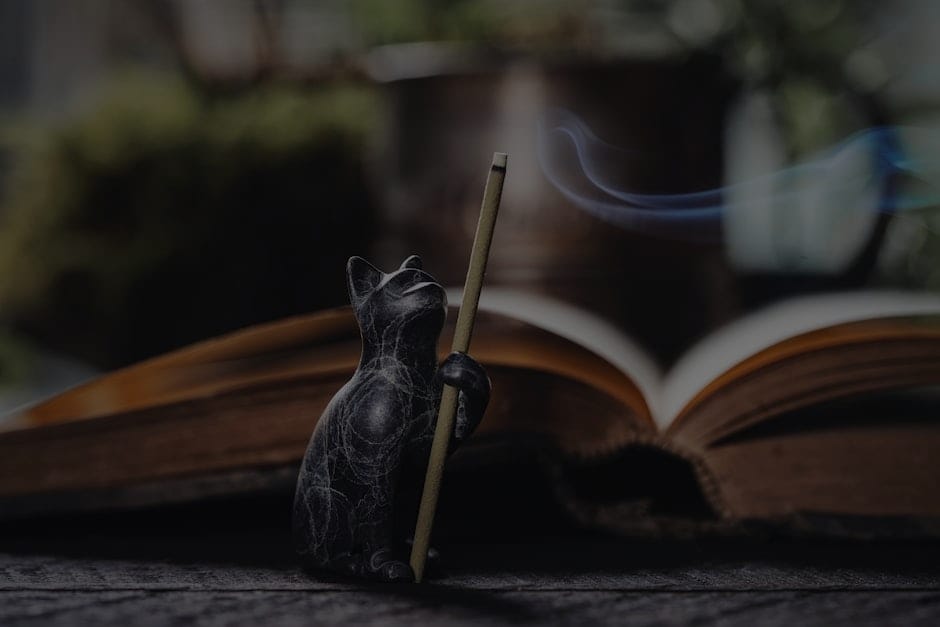**Title: Transform Your Space: Feng Shui Elements for Mindfulness and Relaxation**
**Abstract:** Discover how to create a calming environment using mindfulness and relaxation principles combined with Feng Shui elements, enhancing your well-being and peace of mind.
Understanding Feng Shui and Its Benefits
Feng Shui, an ancient Chinese practice, focuses on harmonizing individuals with their environment. By arranging your space thoughtfully, you can promote positive energy, or “Chi,” leading to improved mental clarity and emotional well-being. In Western cultures, people are increasingly turning to Feng Shui as a tool for mindfulness and relaxation, recognizing its potential to create serene spaces that foster tranquility. Integrating Feng Shui into your life can enhance your overall quality of life by reducing stress and anxiety.
Creating a Calming Atmosphere with Color
Color plays a pivotal role in Feng Shui, influencing our emotions and mindset. Soft, neutral colors like blues, greens, and earth tones can promote relaxation and a sense of calm. These hues mimic nature, encouraging a peaceful atmosphere that invites mindfulness. For instance, painting your living room in soft sage green can create a refreshing and calming backdrop, while light blue can evoke feelings of serenity and clarity. When choosing colors, consider the energy you want to cultivate in your space, as each shade carries its unique vibrational frequency.
Incorporating Natural Elements for Serenity
Integrating natural elements is essential for creating a calming space. Plants, water features, and natural materials can enhance the flow of Chi and contribute to a peaceful environment. For example, a small indoor fountain can introduce soothing water sounds, promoting relaxation. Additionally, incorporating plants like peace lilies or snake plants not only purifies the air but also adds a vibrant touch of nature. The presence of natural elements fosters a connection to the earth, encouraging mindfulness and grounding.
Decluttering: The Path to Peace
Decluttering is a fundamental aspect of Feng Shui that directly influences mindfulness and relaxation. A cluttered space can lead to a cluttered mind, making it difficult to focus and unwind. Begin by assessing your belongings and letting go of items that no longer serve you. This process not only clears physical space but also creates mental clarity. Consider implementing a regular decluttering routine to maintain a serene environment. By keeping your space organized and free of distractions, you allow for greater mindfulness and relaxation.
Mindful Decor Choices
The decor you choose for your space can significantly impact your mindset. Opt for pieces that resonate with you emotionally and promote a sense of peace. Artworks depicting serene landscapes or calming abstract designs can enhance relaxation. Additionally, incorporating meaningful items, such as family heirlooms or souvenirs from travels, can create a sense of connection and comfort. Be intentional with your decor choices, as they should evoke positive feelings and contribute to a mindful atmosphere.
Creating Designated Relaxation Zones
Establishing specific areas for relaxation and mindfulness practice can transform your space into a sanctuary. Consider creating a cozy reading nook with soft pillows, warm lighting, and your favorite books. Alternatively, designate a corner for meditation, equipped with calming items like cushions, candles, and incense. These designated zones serve as reminders to prioritize self-care and mindfulness, allowing you to retreat from daily stresses and focus on relaxation.
Conclusion: Embrace the Calm
By integrating mindfulness and relaxation principles with Feng Shui elements, you can create a calming space that nurtures your well-being. From mindful color choices to incorporating natural elements, each aspect contributes to a harmonious environment. Embrace the journey of transforming your space into a sanctuary that fosters peace, clarity, and mindfulness. By making these changes, you not only enhance your surroundings but also cultivate a deeper connection to yourself and the world around you.










